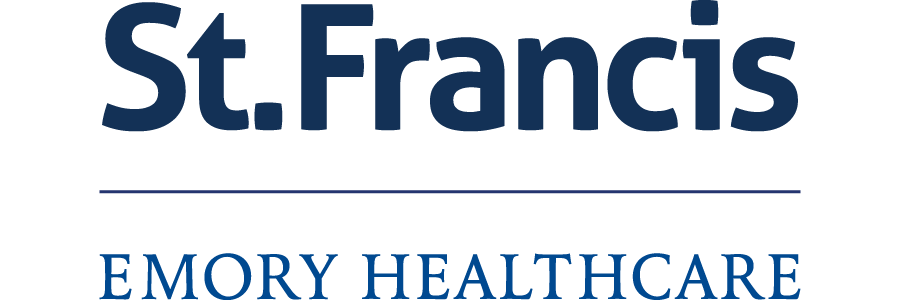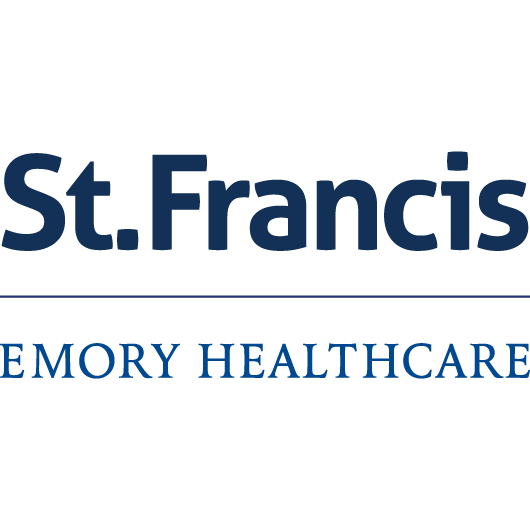Cardiology
Committed to Your Heart Health
That’s why we’re here.
At St. Francis - Emory Healthcare, the experienced cardiologists and cardiac team are committed to your heart health. We offer heart and vascular care experience and expertise, provide consistent, compassionate care for every patient, and continually seek to improve processes and procedures to ensure the most up-to-date, evidence-based care.
When you need heart care, St. Francis has outstanding cardiologists as well as diagnostic and interventional cardiology services. The cardiac catheterization laboratory (“Cath lab") is comprised of the latest technology to provide safe, quality cardiac care overseen by a compassionate team devoted to serving your needs.

